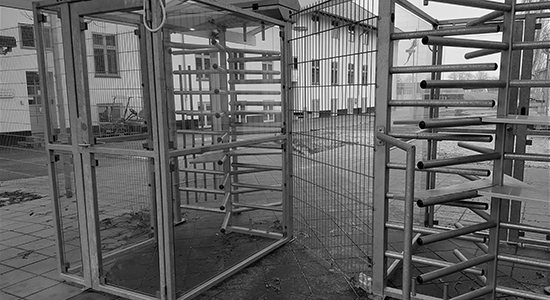CAMP - The Carceral Mobilities Project
The recent refugee crisis in Europe has demonstrated both the widespread use of encampments when dealing with influxes of migrants and asylum seekers and the ways in which migrants and asylum seekers navigate this encampment terrain.

These holding sites, temporary shelters, registration and accommodation centres are easily seen as isolated and isolating spaces, distinct and disconnected from ordinary spaces. However, camps are also connected to spaces beyond them through flows of bodies, through social media and through the knowledge and practices of those who create and manage them. The key point is that camps are at once sites of incarceration and junctions that connect and enable mobility. In order to understand asylum encampment as it is developing in Europe, this paradox of connectedness and incarceration – of carceral junctions – needs to be examined empirically and analytically.
Empirically, this means examining the double sense of “moving camps”: On the one hand, camps shape, detain, and enable particular forms of movement for asylum seekers, as they move between camps and cultivate networks in hopes of viable futures. On the other hand, camps themselves are also mobile in the sense that models of encampment travel and shift within and between states, just as individual camp staff careers may span multiple and multiple kinds of camps. Bringing these senses together, the project will develop the analytic concept of the “carceral junction” as a way of grasping the paradoxical work and consequences of asylum camps in Denmark and beyond.
Researchers
| Name | Title | Phone | |
|---|---|---|---|
| Whyte, Zachary | Associate Professor |
Funding

The project is funded by the Danish Council for Independent Research | Humanities.
Project period: 2017 to 2020.
PI: Associate professor Simon Turner
